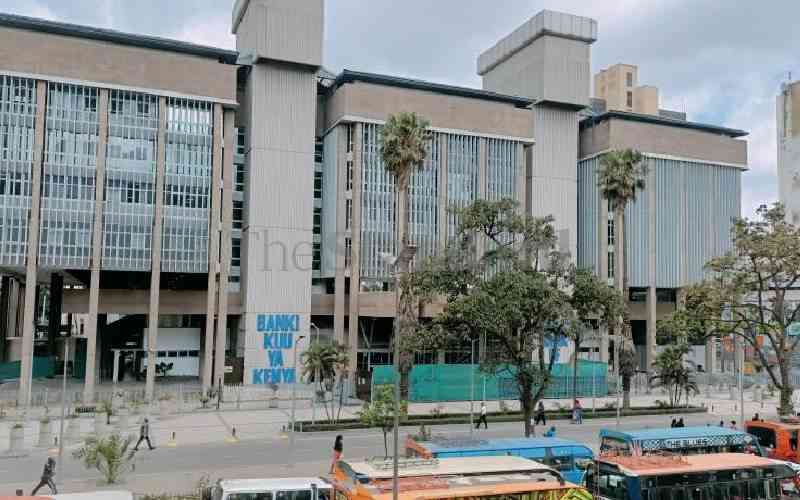×
The Standard e-Paper
Stay Informed, Even Offline

Despite the Central Bank of Kenya (CBK) cutting its key lending rate, banks are tightening their lending standards, deepening concerns about the availability of credit to businesses and households.